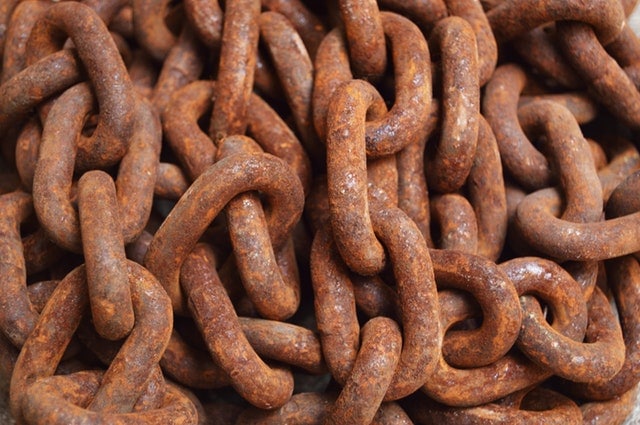Too little iron in the body is associated with various health problems in Tucson, including anemia.
A recent study by a team of researchers at Pennsylvania State University uncovered another medical complication of iron deficiency: hearing loss.
IDA and Hearing Loss

A lack of healthy red blood cells can lead to Iron Deficiency Anemia (IDA), a common condition in Arizona and across the U.S.
When the body doesn’t get enough iron, it is unable to produce enough red blood cells to supply oxygen, a shortage that can cause patients to experience symptoms such as fatigue, chest pain, shortness of breath, cold hands and feet and more.
Left untreated, IDA can cause heart problems, delayed growth and development and premature birth.
A new study shows hearing loss is another risk factor of IDA.
Because about 90 percent of patients with sensorineural hearing loss, a hearing impairment that affects the inner ear, report some degree of IDA, researchers at Pennsylvania State University wanted to look further into the correlation between the two.
They conducted a retroactive study of 300,000 patients of all ages with IDA and confirmed that iron deficiency does increase the odds of developing hearing loss.
Lack of oxygen in the blood apparently impacts the vestibulocochlear nerve, responsible for hearing and balance. About 15 percent of adults in the study group had hearing problems dating as far back as 2014.
Rates of hearing loss increase with age, but certain factors – IDA, diabetes, high blood pressure and smoking – raise the risk of early-onset hearing loss.
Hearing problems associated with IDA are preventable, so early detection and treatment can help eliminate that risk.
Iron & Diet
The easiest way to prevent iron deficiency is to make sure you eat plenty of foods rich in iron.
Red meat, pork, poultry, seafood, beans, leafy vegetables, dried fruits, cereals, bread and pasta are all excellent sources of iron; incorporating these into your diet should help lower your risk of developing IDA and its associated health complications.
Another great source of iron, according to beer aficionados, is Guinness stout.
Fans (and even tourism officials in Ireland) have been quick to point out that a pint of Guinness contains 3 percent of the recommended daily allowance of iron.
No, that does not give you free reign to down 33 pints a day, but a glass or two of stout might actually provide a small health benefit. Cheers to that, beer fans!
If you are concerned about your iron levels or would like more information on protecting your hearing as you grow older, schedule an appointment with your Tucson audiologist.